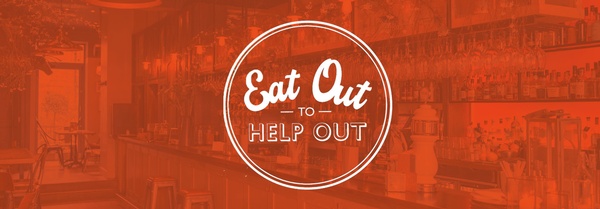Even before the coronavirus pandemic, the UK hospitality sector was facing enormous challenges around staffing with new immigration rules coming into play following the Brexit transition in December 2020.
The new framework restricts entry to the UK, with applicants needing to attain 70 points that can be earned in various ways. 50 points can be earned by showing competency in the English language and a firm job offer. Applicants will also have a head start over competitors if their starting salary is more than £23,040 or if they are moving into a sector with known skills shortages.
With British people generally unwilling to work in the hospitality sector and the low salaries on offer, the points system will have a substantial impact on restaurants, pubs and hotels, particularly in larger cities which rely heavily on overseas staff. Coming hot on the heels of a coronavirus-hit 2020, British businesses will not be able to withstand the rise in salaries that would be needed to tempt home-grown workers into the sector.
With their minds on the looming immigration issues at the end of the year, the more pressing set of worries around Covid-19 lockdown and subsequent restricted opening has landed in the laps of our hard-hit pubs, restaurants, hotels and spas.
The hospitality sector is the UK’s third-largest employer and generates almost £40 billion in taxes but despite the Government’s recent efforts, hospitality businesses are looking at a lengthy and painful recovery over the coming months. There is little confidence that the package of measures announced by Chancellor Rishi Sunak in July will resolve the sector’s long-term challenges but they should help to support some short-term demand and reduce staff costs.
As a reminder, here are the latest sector-relevant measures:
Eat Out to Help Out Scheme – a 50% discount for diners capped at £10 on food and non-alcoholic drinks on Mondays, Tuesdays and Wednesdays in August.
VAT reduction to 5% – a temporary cut from 20% on food, non-alcoholic drinks, accommodation and attractions that should last for 6 months.
Job Retention Bonus – businesses that bring furloughed staff back will receive a £1000 bonus if they are still employed on 31 January 2021.
Kickstart Scheme – a plan to support 18-24 year old job seekers by creating thousands of subsidised 6-month job placements.
Pubs and restaurants are able to open but capacity has certainly not returned to pre-pandemic levels due to restrictive safety measures and consumer caution. The Chancellor’s assistance will have the least impact on pubs as it doesn’t cover alcoholic drinks which make up a large proportion of many pubs’ revenue. We have already seen a significant number of closures in the casual dining sector which will hopefully be stalled with the introduction of these financial measures.
A Glimmer of Hope
One impact of Coronavirus is that British tourists are keener to travel within the UK, creating a boost in the ‘staycation’ market. With the uncertainties of travel to the usual European summer destinations, UK hotels, resorts and campsites have a more positive outlook for the remainder of the 2020 summer. Restaurants and family attractions may benefit from those who won’t even be travelling to the UK on holiday but will be looking for local eating out and day trip treats.
It’s thought that regional hospitality venues are likely to benefit more from the UK demand than London and other ‘gateway’ cities such as Oxford which rely heavily on international travellers and corporate bookings so these areas may take longer to recover. The staycation silver lining will help to smooth the curve of recovery and allow some hotels to stay in business until international demand picks up again.
With specialist knowledge and experience in accountancy for the hospitality and leisure sector, the team at CRM understands the immense pressures that the industry is facing right now and into the future.
Coronavirus and Brexit have created a unique set of challenges that will push many operators to the limit but with CRM, help is on hand to lift some of the financial burden. An expert in the field can help to simplify the processes and highlight areas of assistance you might have missed while trying to stay afloat. Good accounting practices give you an accurate understanding of cash flow and transactions, to be able to plan and allocate resources where they are needed at the most pressured times.
If you would like to discuss how we could support your hospitality business, please call Noel Heaven, our hospitality specialist on 01865 379272.

